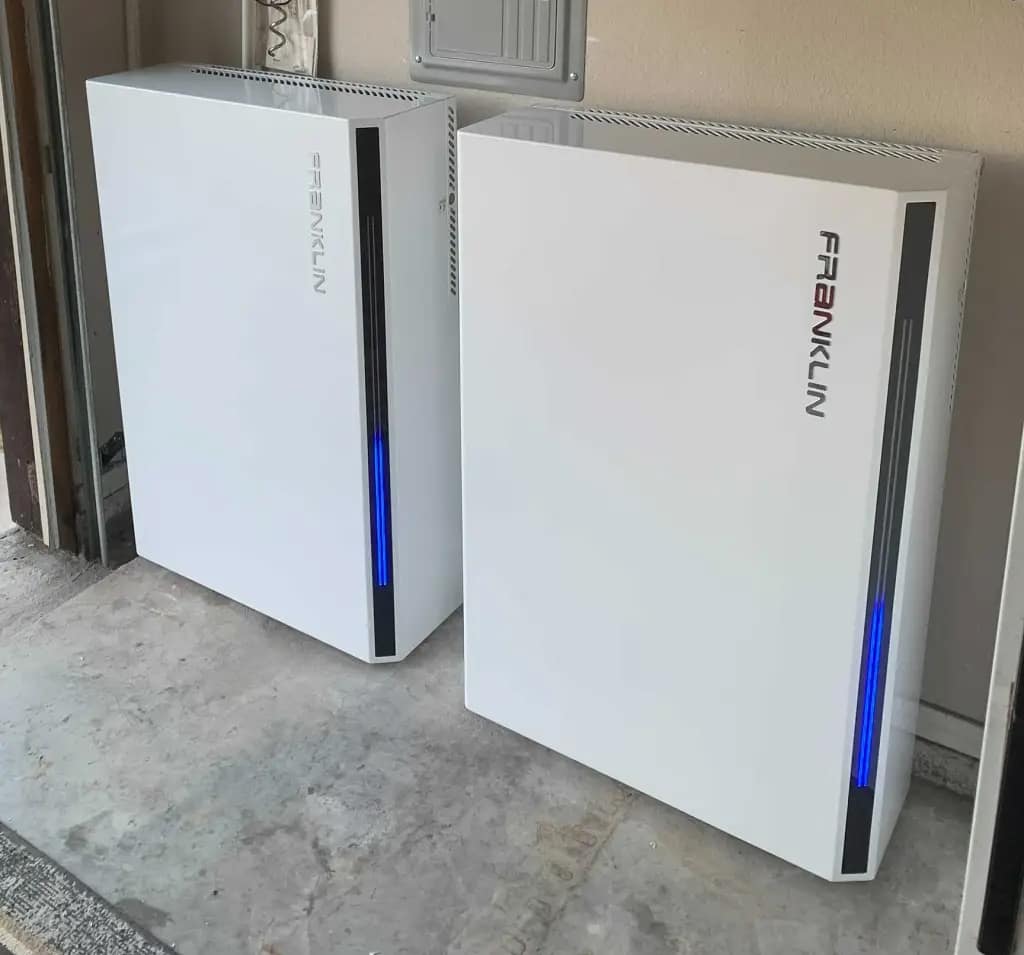With the increasing demand for sustainable energy solutions, solar storage has become a crucial aspect of the solar industry. As more and more homeowners and businesses in Dallas and the surrounding area turn to solar power, the need for effective and efficient storage solutions has never been greater. In our Homeowner’s Guide to Solar Storage Systems, we will explore the different types of solar storage systems available, their benefits, and how they can be used to maximize the potential of solar energy in the Dallas area.
What is solar storage?
Solar storage refers to the technology used to store energy generated by solar panels for later use. This can include batteries, flywheels, and other forms of energy storage. The stored energy can be used during periods when the sun is not shining, such as at night or on cloudy days, to power homes and businesses. It can also be used to help stabilize the grid by providing energy during times of high demand.
What are the different types of solar storage systems available?
- Battery-based storage systems: These systems use batteries, such as lithium-ion lithium iron phosphate (LFP), or lead-acid, to store energy generated by solar panels. The stored energy can then be used to power homes and businesses during periods when the sun is not shining.
- Flywheel-based storage systems: These systems use a spinning flywheel to store energy in the form of kinetic energy. When power is needed, the flywheel is used to generate electricity.
- Pumped hydro storage systems: These systems use excess solar energy to pump water uphill to a reservoir. When power is needed, the water is released to generate electricity as it flows back down.
- Thermal energy storage systems: These systems use solar energy to heat a medium, such as molten salt or thermal oil, which is then stored for later use. The stored heat can be used to generate electricity or to heat buildings.
- Compressed air energy storage systems: These systems use excess solar energy to compress air, which is then stored in underground caverns or tanks. The stored air can be used to generate electricity when needed.

Benefits of Battery-based Storage Systems
- Cost savings: By storing energy generated during the day for use at night or during periods of high demand, battery-based storage systems can help reduce the need for expensive peak power.
- Energy independence: Battery-based storage systems allow homes and businesses to store their own solar energy, reducing their reliance on the grid.
- Backup power: Battery-based storage systems can provide backup power in case of a power outage, ensuring that homes and businesses have access to electricity when they need it most.
- Grid stabilization: Battery-based storage systems can help stabilize the grid by providing energy during times of high demand and absorbing excess energy when it is not needed.
- Increased solar panel efficiency: Battery-based storage systems can increase the overall efficiency of solar panels by allowing them to operate at their optimal output level, even when the grid is not able to accept all of the power they generate.
- Flexibility: Battery-based storage systems can be easily scaled to meet the specific energy needs of homes and businesses, making them a versatile and flexible solution for solar energy storage.
- Low maintenance: Lithium-ion batteries have low maintenance requirements, they last long and have a high cycle life, which makes them suitable for long-term use.
Do Power Outages Affect Solar Storage?
Power outages can affect solar energy stored in a few ways. If the power outage is caused by a grid failure, then the solar energy stored in a battery storage system will not be affected, as the system is not connected to the grid. The stored energy can still be used to power your home or business during an outage, and when there is sunlight, it will charge back up on it’s own.
Additionally, if the power outage is caused by a natural disaster or another event that damages the solar panel system, the stored energy will not be available for use until the system is repaired or replaced.
Can You Use Solar Panels Without Solar Storage?
Yes, solar panels can be used without solar storage. When solar panels generate electricity, it can be used in real-time to power appliances and devices in a home or building. Any excess electricity that is not used can be sent back to the grid through a process called net metering. This allows the homeowner to receive credit on their utility bill for the excess electricity they generate. However, if you want to use the electricity generated by the solar panels during a power outage or at night, you would need a solar storage system like the Tesla Powerwall to store the excess energy generated during the day for use later.
Call Good Faith Energy Today to Install Solar Storage Solutions
If you’re ready to take the next step and start exploring the options for solar storage systems for your home or business, contact Good Faith Energy today to schedule a consultation with one of our experts. We’ll work with you to find the perfect solution that meets your energy needs and budget. Don’t wait, start saving on your energy bills and increasing your energy independence today!
Fact checked by Jacob Petrosky – 4/26/2024